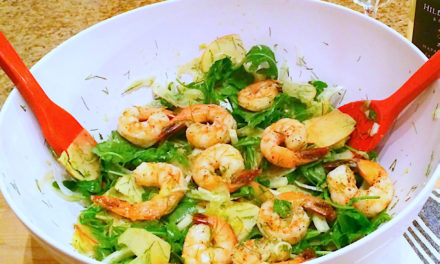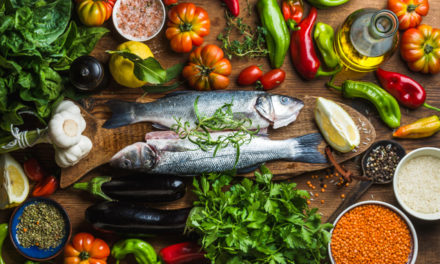Pregnancy is a very exciting and overwhelming time. You often get advice from many people, and they all differ, making it difficult to know what’s best for your baby. I’m sharing with you five things to think about that might not be the norm but are important to consider.
Finding a lactation provider: Often, people feel that postpartum is when they need lactation support; however, lactation support is actually very important to establish while you are pregnant. Here’s why:
- Your medical history affects lactation.
- Having your lactation provider established improves outcomes.
- Lactation education prenatally builds confidence.
These are just three reasons why seeing a lactation provider prenatally is crucial, but there are many more reasons. Think of it this way: choosing a lactation provider before your baby is born is just as important as choosing a Pediatrician.
Being aware of potential toxins in baby products: Unfortunately, there are hidden chemicals and toxins in many baby products. Many contain artificial dyes, glyphosate, sodium benzoate, phthalates, SLS, and more. Finding brands that are free from these harsh chemicals and toxins is ideal. Here are just a few examples of quality brands or things that you can consider.
- Bottles: glass, stainless steel like Think Baby, Dr. Brown, or Evenflo
- Pacifiers: those made with medical grade silicone like Ryan and Rose or Avent
- Soaps/Lotions: Brands like Earth Mama, Pipette, or Attitude
- Diapers/Wipes: Brands like Attitude, Pipette, Nest, or Eco Boom
- Clothing: Organic when feasible. Quality brands: Burt’s Bees, American Baby Co., or Wink Naturals.
- Supplements/OTC medications: Wellements, Genexa, or Boiron
Taking a high-quality prenatal: When picking a prenatal, look for “activated” B vitamins; these are easier for your body to absorb: Folate (L-methyl folate, also called 5-methyltetrahydrofolate), Vitamin B6 (pyridoxal-5-phosphate), and Vitamin B12 (methylcobalamin and/or adenosylcobalamin). Scan the label for the following additional nutrients: Iodine, Choline, Magnesium, Selenium, Vitamin D, Vitamin K2, Vitamin A (retinol or retinyl palmitate), Iron (add individually if iron is low), and DHA/EPA. Good quality prenatals include: FullWell Prenatal/ DHA/Iron, Seeking Health Optimal Prenatal/Prenatal Essentials, or Thorne Basic Prenatal.
Incorporating nutrient-dense foods: As you might know, your nutrient needs are increased prenatally. But which ones? Here are a few:
- Vitamin A: (sweet potatoes, carrots, butternut squash, spinach, peppers)
- Folate: (chickpeas, legumes, sunflower seeds, seaweed, eggs)
- Vitamin B12: (liver, eggs, red meats, lamb, salmon, tempeh)
- Choline: (eggs, liver, salmon, chicken, Navy beans)
- Iron: (liver, spinach, beans, lentils, eggs)
- Iodine: (seaweed, codfish, eggs, tuna, turkey)
And many others.
When meal prep and cooking are difficult, The Kitchen Doula is a great local option for prepared meals.
Looking into Pelvic Floor PT: Pelvic Physical Therapy during pregnancy is a must-do for support through the trimesters and for birth prep! There are so many changes that occur throughout pregnancy, and having a specialized pelvic PT to address any pain, leaking, or issues that might arise is so helpful. MOJO Pelvic Health works with patients one-on-one and has a birth prep program that helps prepare your pelvic floor for birth with stretches, pushing practice, and more. See mojoph.com for more info.
*This is not medical advice. Please consult with your physician before starting supplements.
Cody Giovannetti, RDN, LDN, IBCLC is a Registered Dietitian and International Board Certified Lactation Consultant that specializes in GI issues, thyroid dysfunction, prenatal/ postpartum nutrition, autoimmune disease, metabolic syndrome, nutrient deficiencies, food sensitivities, hormone imbalances and more. To contact Cody, you can email her at cody@sundarawellness.com.







